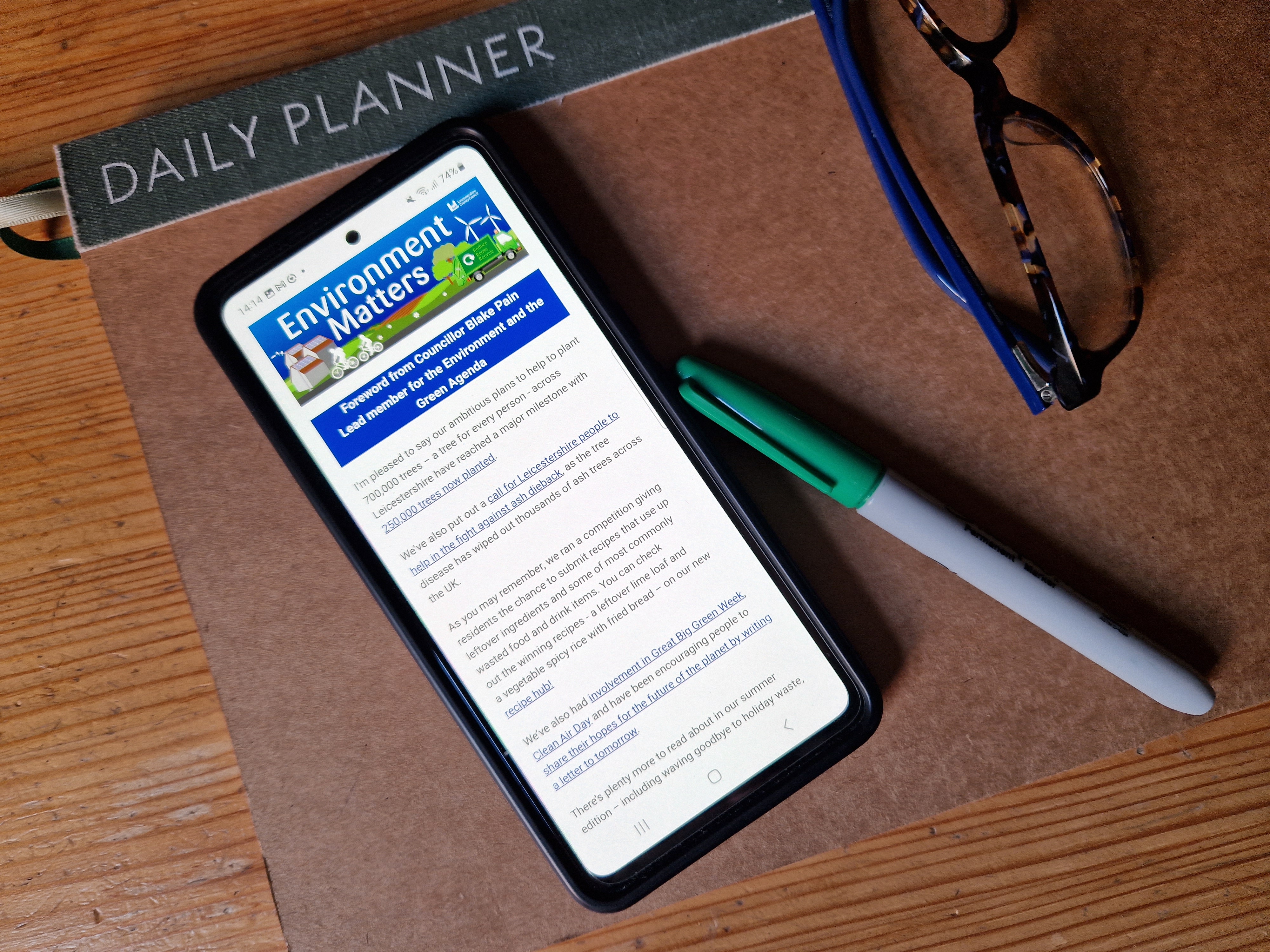Regulation is the management of any activity that creates obstructions to flow in watercourses. This is done to ensure that flood risk is managed. It involves giving consent for acceptable work to be carried out and taking enforcement action if work is unacceptable.
Consent to carry out work
To carry out work on, or near to, a watercourse you may need our consent.
We are responsible for granting consent for works on ordinary watercourses. An ordinary watercourse is defined as not being a ‘main river’ and can include streams, ditches, drains etc. other than those that belong to Severn Trent or Anglian Water.
Consent for works on ‘main rivers’ is the responsibility of the Environment Agency.
If you’re unsure what type of watercourse your intended work is on, you can check the main rivers map. If the watercourse is not included on the main river map it is likely to be an ordinary watercourse.
Activities on ordinary watercourses that require consent are those which are likely to cause an obstruction to flow or restrict storage and include culverts, bridges, weirs etc.
LCC consent application form Opens new window
Please note there is a charge of £50 for each structure or operation for applications made under the Land Drainage Act.
Waterside living
A ‘riparian landowner’ is someone who owns land next to a river, stream or ditch. The Environment Agency has produced a guide which explains the responsibilities and rights of waterside living.
Trent Valley Internal Drainage Board
There are areas around Bottesford, Redmile and Harby that fall within the responsibility of the Trent Valley Internal Drainage Board. For specific details of the areas and drainage assets that are involved please contact the board directly, email info@tvidb.co.uk, telephone 01636 704371.
